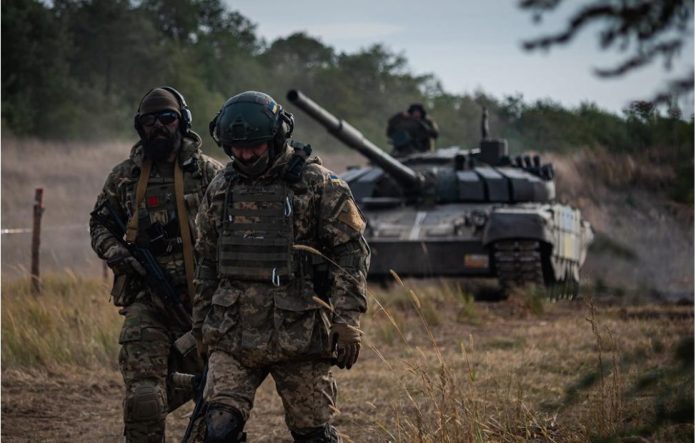The Armed Forces of the Armed Forces and mortar instructor Sergey Molodid described how the Ukrainian military training is being trained to date. According to him, even after almost 2.5 years of a full -scale war with Russia, the Ukrainian army still remains true to the Soviet approach to leadership personnel, much different from NATO standards.
In an interview, he emphasized that it is not enough time to prepare specialists, which previously led to the incidents of "friendly fire". These problems have been successfully addressed, but other aspects, such as lack of quality communication and evasion, remain.
"No one wants to take responsibility to the elders and say that something is wrong. The mentality, negligence to learning, unconscious recognition of mistakes and Soviet traditions - that is why we do not work an analysis of the actions taken," the officer said.
He also noted that the leadership in the army, similar to the Soviet, does not listen to his subordinates, but only requires even obscene tasks, which leads to the fact that servicemen are afraid of their commanders and avoid dialogue with them. This leads to most of the tasks without detailed planning.
"We are usually not married: they yell" immediately, quickly, urgently, do everything, "without explaining what should be as a result. The time for planning does not allocate at all. And then something will go wrong. In the long run, under such conditions, subordinates lose motivation, lose their initiative. Complain military.
Instead, NATO armies operate Mission Command standards that allow commanders clearly and clearly set the task to the subordinates, following the 5w Protocol: WHO, WHAT, WHEN, WHERE, WHY, WHY (who, what, when, where, where, where, where, where, where, where, where, where, where, where, where, where, where, where, where, where, where, where, where, where, where, where, where, where, when, where, where, when, when, where, when, when, when, when, when, when, when, when, when, when, when, when, when, when, when, when, when, when, when, when, when, when, when, when).
The preparation of the Armed Forces also takes place in partner countries, most of which support Ukraine in confrontation with Russian aggression, assisting not only weapons and equipment, but also training. In 2024, the Council of the European Union allocated 255 million euros for a mission to study the Armed Forces, which is engaged in the United Kingdom, Canada, Norway, Australia, Kosovo, Northern Macedonia, Georgia, Moldova, Albania and other countries of the European Union.
NATO also plans to open a training center for the Ukrainian military, which will facilitate their adaptation to the standards and strategies of the Alliance, and the final approval of the project is planned for the July Summit.
Earlier it was noted that the Czech Republic plans to teach 4,000 Ukrainian soldiers on their military bases without sending instructors directly to Ukraine.


